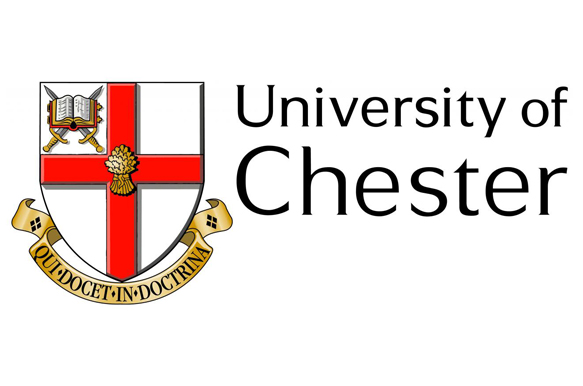
My Facebook feed recently produced this little gem from the University of Chester, bringing together religion and horror, and one funded by the Templeton Religious Trust!
Horror is a widespread mode of culture, cutting across games, films, books, art, TV and many other forms. In horror there is a repeated emphasis on religious themes, tropes, motifs and ideas. Ghosts, haunting, ruined abbeys, nuns and priests, exorcisms and demons run rife through this part of culture. The aim of the Gothic Heresy project is to investigate what exactly this religious element of horror means to those who engage with horror in any way. Are these elements just aesthetic set dressing, designed to do no more than just elicit affective responses – to make us afraid – or is there something deeper at work? This project aims to assess whether the religious elements within horror inform how audience members come to think about issues of religion, theology or the spiritual. This project aims to investigate how this incredibly popular cultural form helps inform and shape the audience’s religious understandings.
The first stage of the project is a survey, open to anyone who engages with horror across its myriad forms and varieties. The survey seeks to investigate how respondents view horror, their own religious or spiritual practices and beliefs and, crucially, how – if at all – these things interact. From there, the project will move on to in-depth focus groups, allowing for a more detailed examination of these interactions before finishing with some detailed interviews with participants who wish to explore their own religious understanding in light of their engagement with horror.





